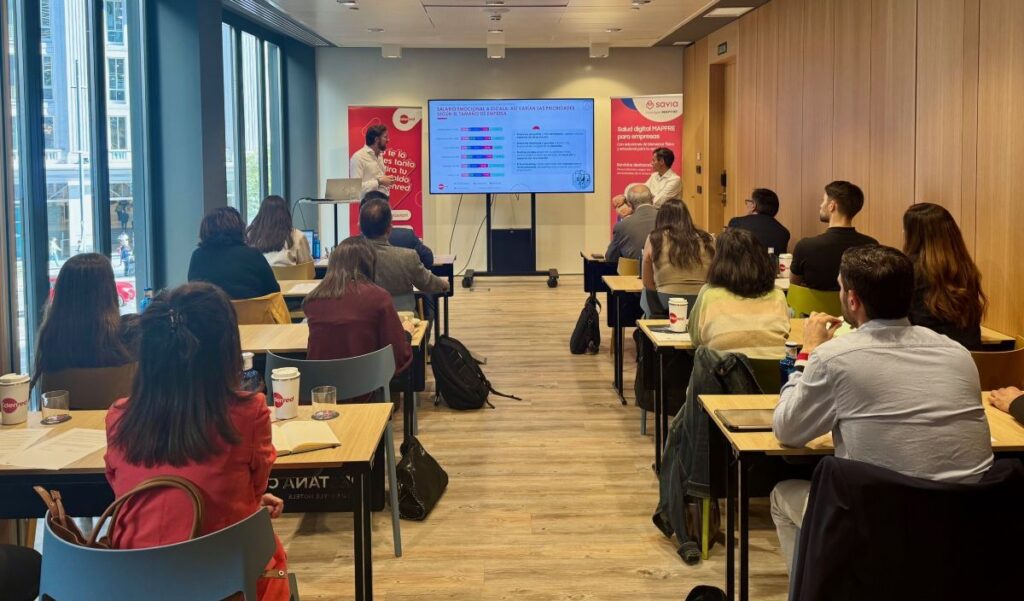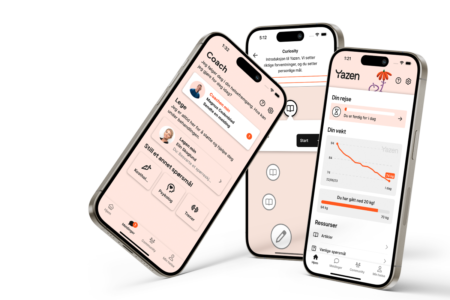Today, salary is still a fundamental pillar of professional experience, but it is no longer the only one. This is confirmed by the recent "Study on well-being and health in the workplace in Spain", promoted by Edenreda digital platform specialising in social benefits solutions, together with Savia, MAPFRE's health and wellbeing initiative. The report offers an in-depth look at the current working environment, revealing that factors such as emotional wellbeing, occupational health and flexible remuneration are increasingly determining factors in talent decisions.
Pay satisfaction that leaves room for emotional wellbeing
Only 49.71% of Spanish professionals say they are satisfied with their salary. Among those who are not, half recognise that their company balances the balance thanks to the wellbeing at work conditions it offers. A significant figure reveals that one in four workers particularly values the fact that their company promotes benefits such as flexible remuneration, emotional pay or health services.
Wage perception also varies by age: Baby Boomers (55-60 years old) are the most critical, closely followed by Generation X (45-54 years old), showing that wage dissatisfaction tends to increase with years of experience.
This data highlights a key transformation: taking care of the emotional and physical well-being of teams is no longer a luxury, but a priority strategy to attract, retain and protect talent.
Flexible remuneration: tangible well-being in everyday life
Although flexible remuneration brings clear benefits - in terms of health, savings and work-life balance - only 43% of professionals in Spain have access to it, with large differences depending on the size of the company. Medium-sized companies (500-1000 employees) stand out in its implementation, while in micro-companies it is still a pending issue.
Among the most valued options are health insurance (30.1%), Restaurant Ticket (20.5%) and mobility grants (20%). Mobility is particularly popular with Generation Z, while lifelong learning is a priority for Millennials.
Mental health: a shared challenge in the work environment
A particularly relevant finding of the study is that 64% of workers feel that their job affects their emotional health. Although many associate this with peaks of high workload, a worrying 23.2% say that they experience this affectation on a constant basis.
Work anxiety (54%), chronic stress (49.5%) and insomnia (36%) are the most frequent symptoms, accompanied by negative impacts on habits such as physical activity and diet. Millennials, aged 25-44, stand out as the most affected generation, making them the priority group for corporate health and wellness programmes.
Taking care of talent is taking care of health
"Programmes that promote emotional, physical and nutritional wellbeing are no longer add-ons, but essential pillars to strengthen talent attraction and retention, mitigate absenteeism and build healthier, more inclusive and sustainable corporate cultures," explains Pedro Díaz Yuste, CEO of Savia.
Stanislas de Bourgues, CEO of Edenred Spain, said: "At Edenred, we are firmly committed to promoting healthier and more sustainable work environments. Listening to talent and implementing solutions such as flexible remuneration allows us to provide a real response to the challenges of the new professional environment.
In a changing labour market, where wellbeing is increasingly synonymous with business success, a commitment to holistic team health is not just an opportunity: it is a necessity.







